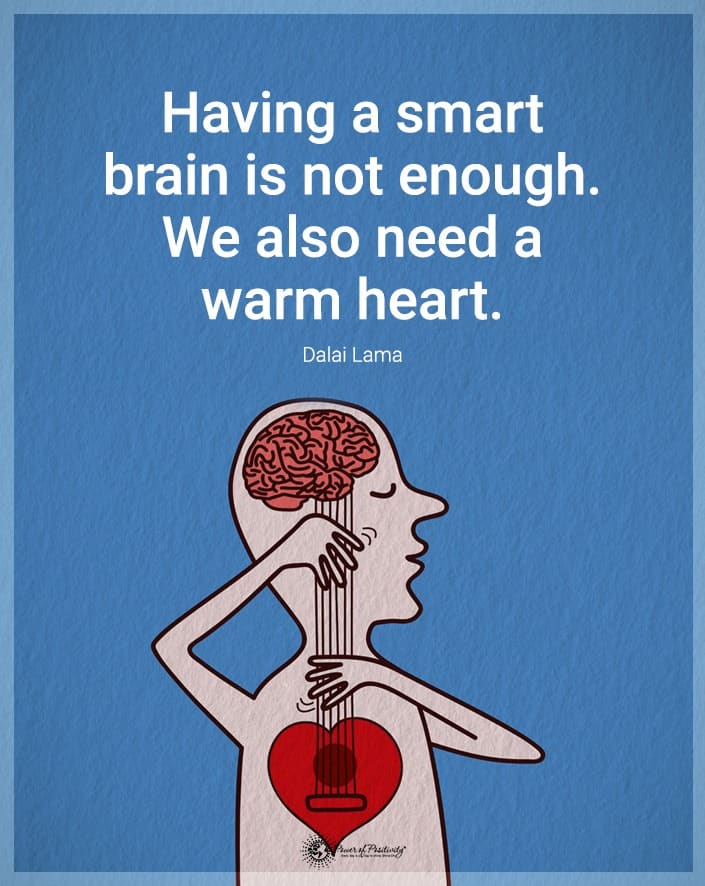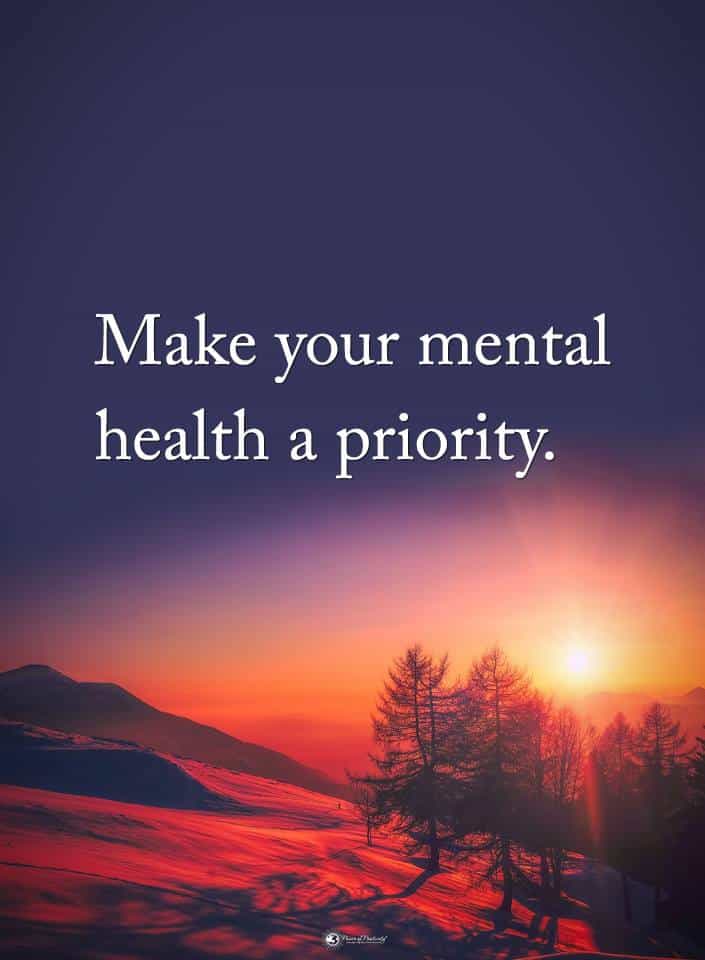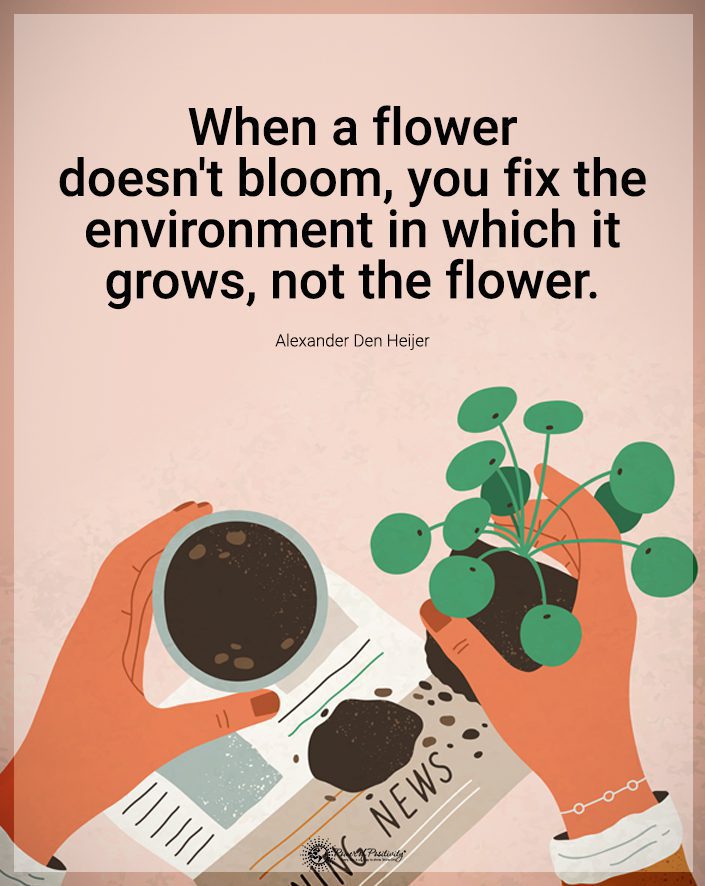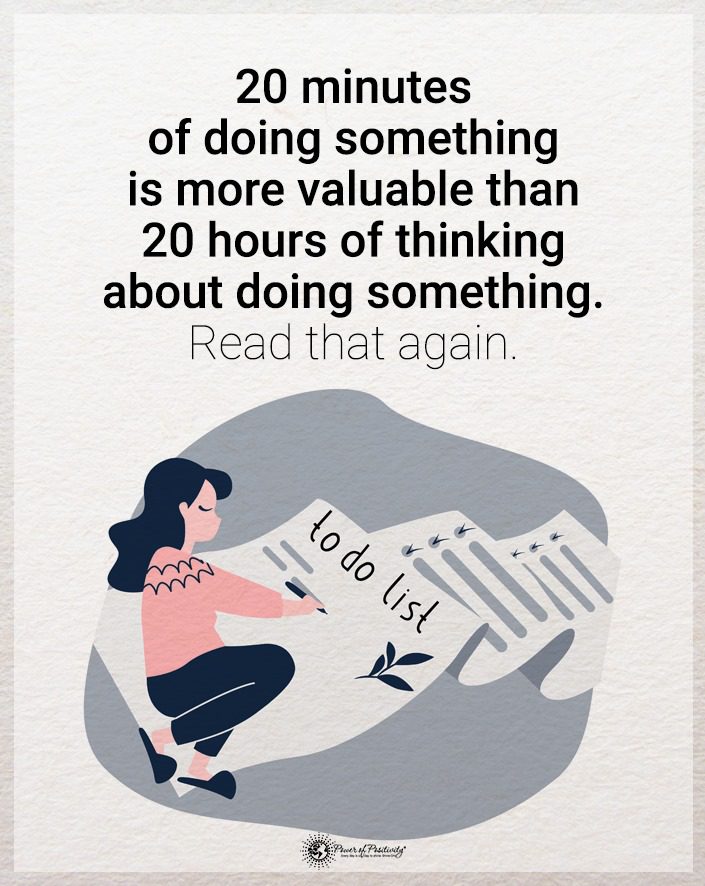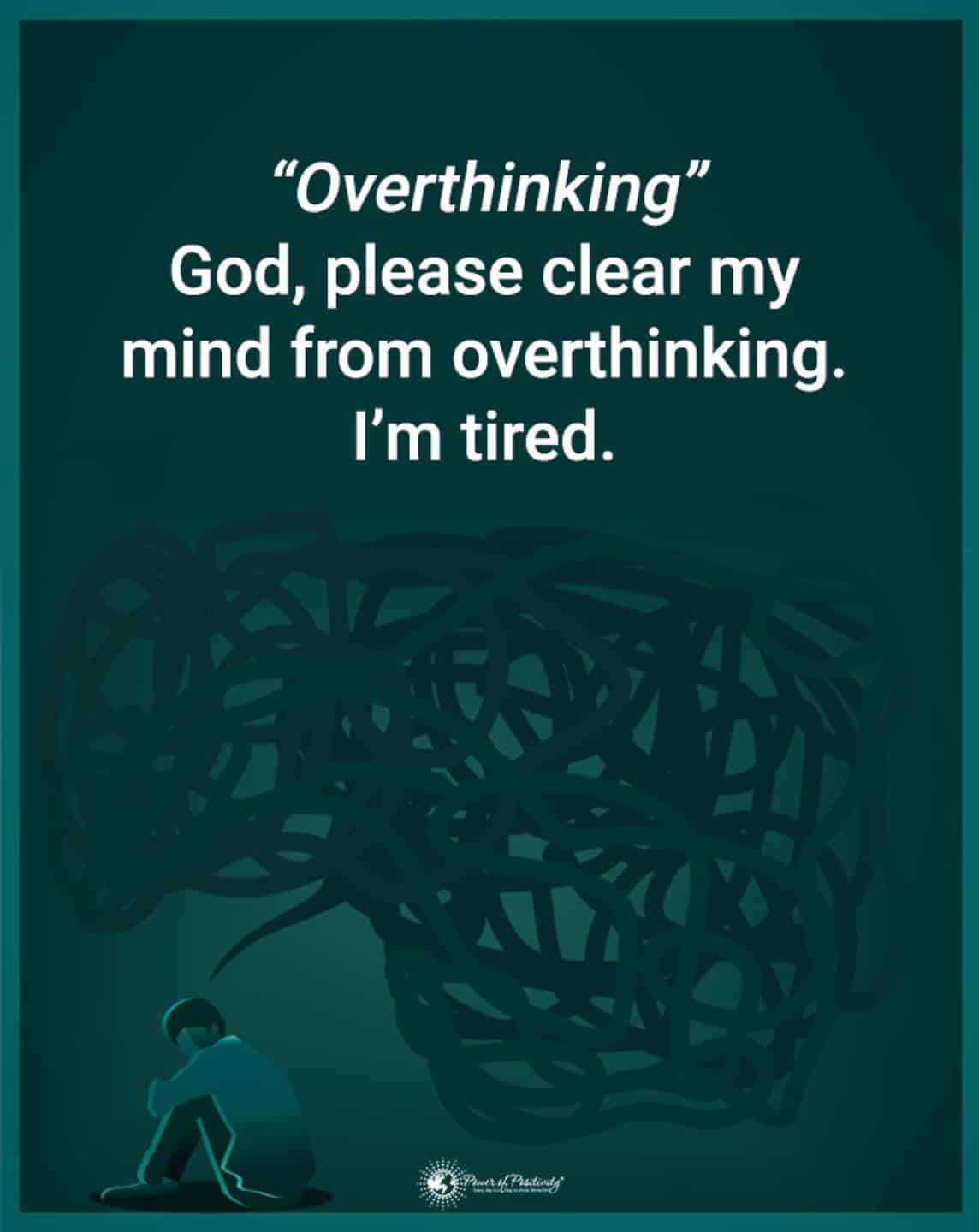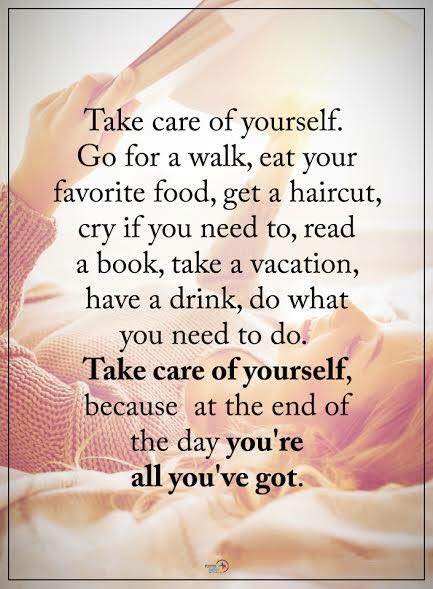Wouldn’t it be wonderful if love was all you needed? While you may love your partner dearly, if you’re together for any length of time, you will have issues. It’s not enough to say you will get over them because you’re committed and love one another. You may need to bite the bullet and get counseling or couples’ therapy to help get you through this season in your relationship.
Counseling is an excellent way for you and your spouse to work out any issues that are troubling you, including exploring the benefits of marriage counselling services. With the help of a third-party neutral, you can speak your mind without fear of judgment. The therapist can help you make sense of your troubles and offer alternatives you may not have realized were available. Aspen Psychology Group is a great marriage counselling service in Calgary known for its compassionate approach, experienced therapists, and effective strategies that help couples navigate challenges and strengthen their relationships.
The only problem is that many people aren’t willing to go the psychotherapy route, as they feel it’s invasive or a waste of time, which couldn’t be further from the truth.
Eight Ways to Get Your Partner to Go to Counseling
Maybe you’re willing or even eager to get help, but your spouse isn’t keen on the idea. If you’re not careful, you could end up fighting about all the reasons why you don’t need counseling, and this is counterproductive to fixing the current issues.
You need to appeal to them from a different angle than one of mental health, especially if they buy into the stigma of such things. Here are a few ways to convince your partner to seek help and work out your troubles so that you can make your relationship last.

1. Don’t Point Fingers When You Discuss the Topic of Counseling
If you want your partner to do something healthy toward healing your relationship, you don’t want to start by pointing fingers at them. It takes two people to tango, and you want to appeal to their sensitive side. The worst thing you can do is put them in defensive mode from the start.
Make everything you say about “we” and not them. Remember the old saying that you’ll get more flies with honey than vinegar? Well, it’s undoubtedly true. Be nice, and you probably will get further than if you make the reason you need help all about their wrongdoings.
2. Let Them Know Your Intentions to Attend Therapy
You may want to tell your partner your intentions for Couples therapy Northern Virginia from the start. Tell them that you don’t want to end your relationship and that you’re not looking for a way out.
You want to work together and find common ground so that you can rebuild your once strong connection. You might get more cooperation when you make it about your future instead of just digging up the past.
3. Don’t Get Defensive
Just as you don’t want them to go into defense mode, you want to make sure you don’t. If your partner doesn’t want treatment, they might start trying to blame you for things. Please don’t take the bait when they try to create an argument and blame everything on you, as this is very common in people who are resistant to discuss their troubles.
4. Be Truthful About the Issues That You Want to Discuss in Counseling
You’re not going to do either of you any good if you’re not truthful with one another. It’s easy to say, “nothing’s wrong.” However, if there were nothing the matter, then you wouldn’t be considering going to counseling. Communicate with your partner about the things in your relationship that you feel need a third-party intervention.
5. Set Clear Goals to Work Through Conflicts Together
If they’re still resistant, why not define goals on what you want to accomplish. Plead your case to them so that they know you want to be constructive and not destructive towards them. Sit your partner down and tell them this is what you want to accomplish.
Let them know that you want to have a future with them and desire to grow old and be together forever. If that’s not your goal, you need to define what you want to do and why you think this is the route. It wouldn’t help to show them a few studies about how couples counseling works wonders.
According to Pub Med Central, couples’ psychotherapy has proven very effective when handling dysfunctional relationship patterns. If your issues are severe enough, it could be that you find yourself turning towards unhealthy or even toxic behaviors, like verbal or physical abuse. If you truly love one another and want to make it work, your partner will have no issues defining some goals and planning your future.
6. Move Past the Stigma of Getting Therapy
When you say counseling to many folks, they see it as a dirty word. They have a sense of pride and feel that they don’t need anyone getting in their business. It’s much like the stigma that’s observed with mental health.
Just because you seek help doesn’t mean anything is wrong with you, and it doesn’t mean there’s anything wrong with your relationship either. Allow your partner to see things as a preventative measure. Remind them that this is a trained professional who can give you the tools you need to have a successful relationship.
Additionally, this can help you avoid more significant issues, including a breakup, down the road. You want to take care of any issues and learn how to work better together.
7. Don’t Trick Them – Be Honest About Your Motives
The worst thing you can do is trick your partner into counseling without their permission. While you may feel it’s what’s best in the situation, they get to make the decisions for their life. You can make the issues much worse when you force their hand into something they disapprove of.
Telling them that you’re going to meet with friends or that they need to go to the doctor with you will cause trust issues. An ambush to a therapist’s office is not how to accomplish relationship healing.

8. Choose the Counselor Together
One of you might come up with the idea to seek counseling, but it should be a decision you both make on who to see. Read reviews together and go through the list of available therapists Sacramento. You want to make sure you make your partner feel like they had a hand in making these decisions, as they can be defensive if you make all the choices for them.
If they tell you that you can choose whoever you want, you have their permission to find the best person according to your preferences. The last thing you want is to select the person and your spouse not agreeing, and they can feel like you’re ganging upon them.
Finding Alternatives to Therapy or Counseling
It’s not always easy to address issues in your relationship, especially when you want the fairy tale association depicted in movies. However, you must realize that these tales are not based on reality, and the real world can be challenging. When you suggest going to counseling, it can be quite a significant ordeal, and you may not know how they will respond.
Once you break the ice, they may be adamantly against any help, but they might be open to other methods. Here are a few ways to heal your relationship without using a therapist’s office.
1. Couples’ Therapy Retreats
Many couples’ retreats all across the country are geared towards strengthening your connection. You can have fun, mingle with other people, and have an eye-opening experience of what’s wrong, what’s right, and how you should fix it.
This allows you to do some therapeutic work together without sitting in an office and having someone analyze and write down your issues. It works pretty well for many couples who want an alternative to traditional methods.
2. Online Counseling and Relationship Courses
Maybe you can’t get them to go away for a weekend retreat, but you can get them to do an online class. They may see this as a more relaxing session as they can do it from the comfort of home. It removes the stigma of going to a doctor’s office and having someone get intimately into their business.
3. Read Self-Help Books
There are many authors, also doctors and counselors, who write books about relationships. These allow people with busy schedules and fear going to an office to get help on their terms. With the millions of books out there, it’s effortless to find one about your current situation.
4. Go Alone
If your partner refuses anything you’ve offered, you can go alone. Are you in a toxic relationship that you need someone to open your eyes for you? Their refusal shows that they’re unwilling to work on these issues, which can be eye-opening.
Final Thoughts on Going to Counseling to Save Your Relationship
Dr. Jill Suttie from the Greater Good Science Center from Berkley University states that talk therapy helps heal psychological wounds. While it’s not always comfortable to talk about the things bothering you in therapy, it’s always worth the effort.

